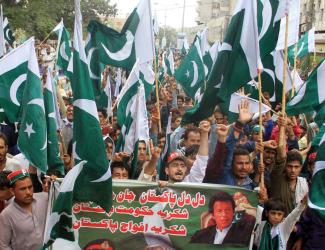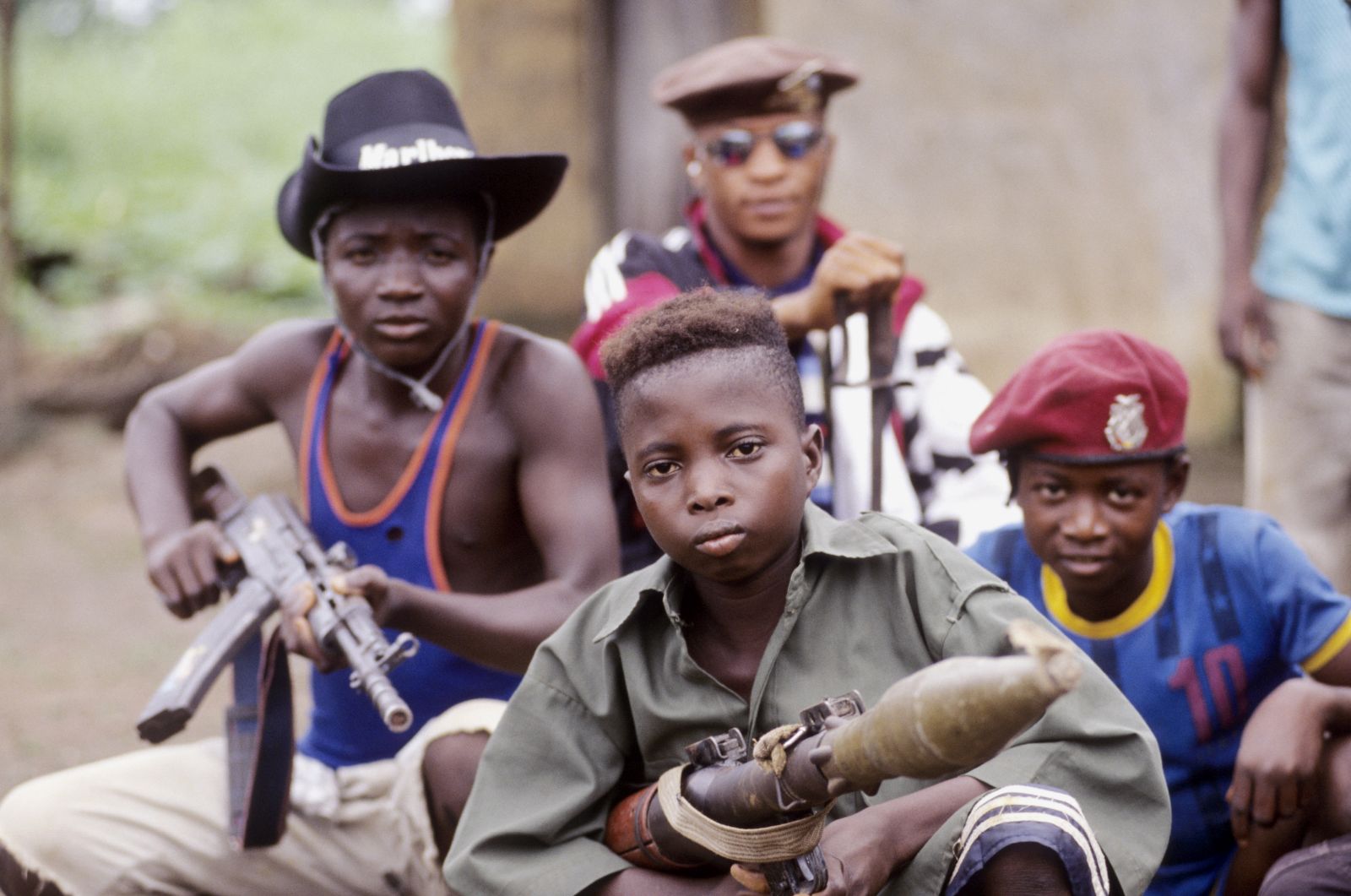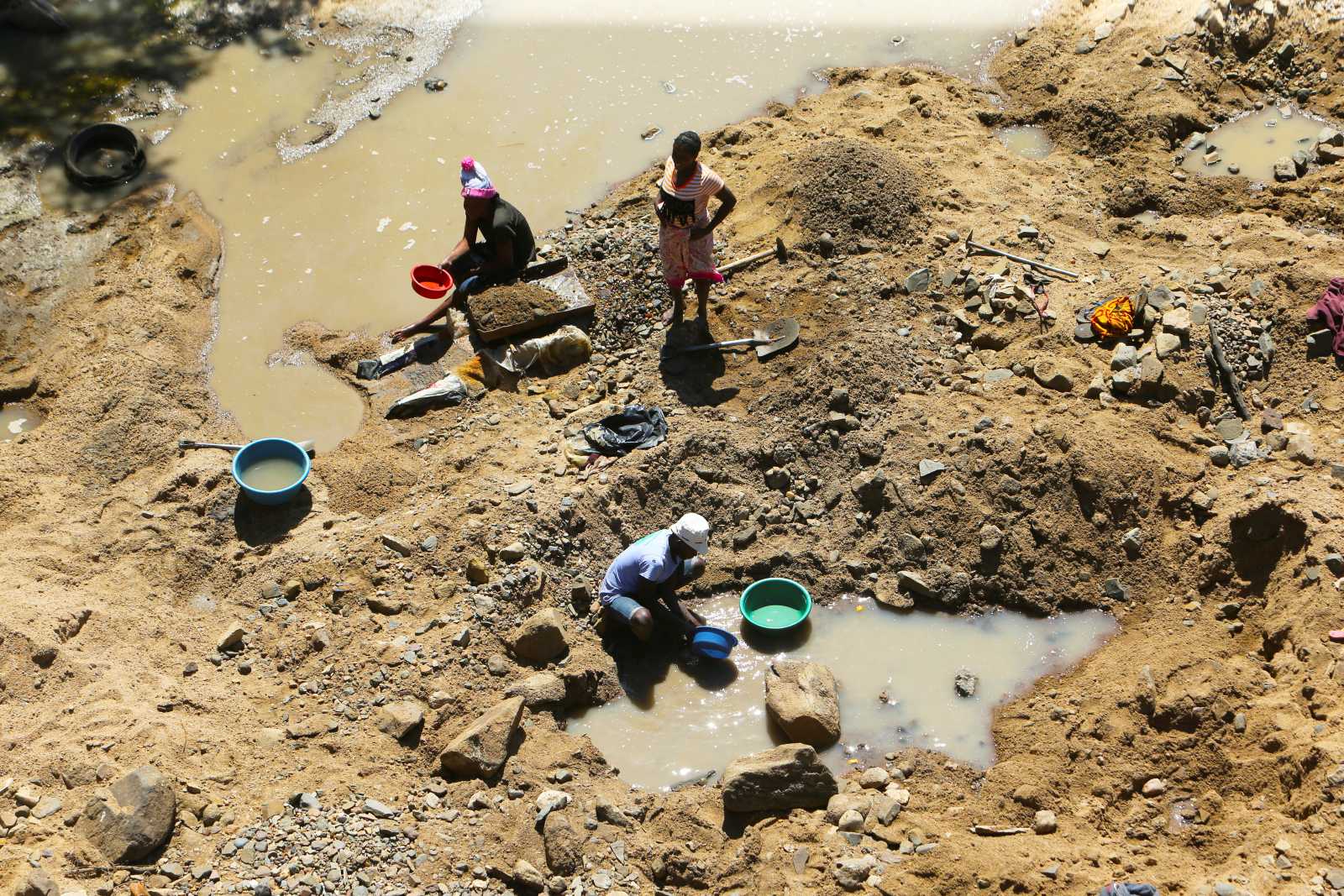Informal livelihoods
The debate that never was

On 16 September 2018, Khan told a rally in Karachi: “Afghans, whose children have been raised and born in Pakistan, will be granted citizenship.” He made a passionate plea, arguing that so far the people concerned have been prevented from getting formal-sector jobs and accessing basic services. Khan’s statement made sense, but it was devoid of history, political intricacies and ethnic divisions. He backtracked soon.
Khan’s new policy would have applied to up to 1.5 million persons, reversing decades-old practice. Afghan refugees were always only given a temporary status, and Pakistan made efforts to repatriate them. The powerful military endorsed this approach.
The reactions to Khan’s speech were mixed. The international community, including the UN Refugee Agency (UNHCR) and Afghan refugees, appreciated the announcement. Sceptics, however, questioned his motive. Some say that it was a mere ploy to strengthen Khan’s party, the Pakistan Justice Movement. It has traditionally attracted Pashtuns. This ethnic group lives on both sides of the Pakistan-Afghanistan border, and many Afghan refugees belong to it.
In public discourse, however, the refugees are often linked to narcotics, crime, smuggling and counterfeiting. To some extent, they are also blamed for Islamist extremism.
For four decades, Afghanistan has been a country torn by crisis and political violence. Refugees started leaving the country in masses after the Soviet invasion in late 1979. Some 3 million people fled across Pakistan’s border during the ensuing civil war. In those years, western powers supported anti-Soviet Mujahedeen, and the militant Islamist Taliban took root in refugee camps. The withdrawal of the Red Army, however, did not lead to peace. Eventually, the Taliban gained control of Afghanistan, but their government was toppled by the invasion of US troops after the 9/11 terror attacks on New York and Washington in 2001.
In the aftermath of 9/11, Afghan refugees were considered a security risk in Pakistan. In the context of UNHCR supported repatriation efforts, people were intimidated into returning home. In 2002, the international non-governmental organisation Human Rights Watch (HRW) urged “the government of Pakistan to cease harassment, extortion, imprisonment and forced returns of Afghan refugees because of their undocumented status”.
According to the UNHCR, Pakistan is currently housing 1.4 million registered Afghan refugees. Another 800,000 Afghans are in the country legally without claiming refugee status. Up to 1 million Afghans are reckoned to be in the country illegally. All in all, there are at least 2.6 million Afghans in Pakistan. In 2017, HRW reported about the “mass forced returns of Afghan refugees”, adding the qualifier “so called” to what officially is called “voluntary repatriation”.
The situation of the refugees is bad. They include the poorest and the most vulnerable of refugees who have nothing to return to and cannot meet the repatriation costs even with token UNHCR assistance. There is also a vast number who were born and raised in Pakistan. They do low-paying informal work. According to the law, they cannot register businesses or pay taxes.
Most Pakistanis consider them a burden and do not acknowledge their perseverance or contributions to the local economy. They associate refugees not only with crime, but also with over-use of natural resources and over-burdened infrastructure. Only a few human-rights organisations appreciate that the refugees are a marginalised community that deserves better opportunities.
Imran Khan’s policy reversal could have benefited up to 1.5 million persons, but under intense criticism, he fast softened his stance. A political commentator pointed out: “Raising an issue and bringing it into the limelight is one thing and getting it resolved is another.” The prime minister tried to start a debate that Pakistan needs to have, but six months later, it has not moved forward.
Mahwish Gul is from Islamabad and studies development management at Ruhr University Bochum and the University of Western Cape in Cape Town. Her masters programme belongs to AGEP, the German Association of Post-Graduate Programmes pertaining to international development.
mahwish.gul@gmail.com














